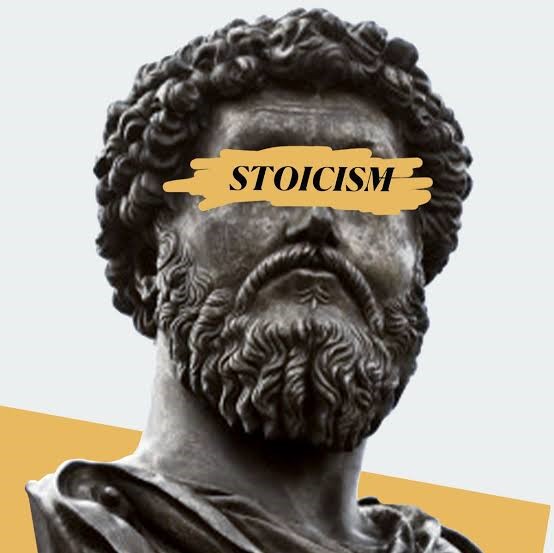Many perceive Stoicism and Christianity as diametrically opposed ideologies; however, they share several commonalities. Although their differences may outweigh the similarities, it is essential not to disregard what both philosophies offer in addressing the timeless inquiry: how should we lead our lives?
Stoicism, originating from ancient Greek philosophy in Athens during a turbulent period, gained traction amidst the turmoil following Alexander the Great’s premature demise and the ensuing instability in Greece. Promising solace amidst chaos, the Stoics advocated for finding happiness through inner resilience. They posited that virtue, as the ultimate good, stems from wisdom, and that those enlightened can coexist harmoniously with the divine Reason inherent in nature.
Initially, the perceived disparities between Stoicism and Christianity may appear vast. Stoicism seems to promote an independent, austere lifestyle, while Christianity emphasizes reliance on God’s grace and the significance of community. However, upon closer examination, intriguing parallels and intersections emerge between these two belief systems.

Christianity, rooted in the teachings of Jesus of Nazareth, advocates love, compassion, charity, and forgiveness. Like Stoicism, it arose amidst turbulent times, offering solace and tranquility as pathways to happiness. This connection is rooted in the belief that Jesus is the embodiment of God, which serves as the foundation of Christian faith. According to Christianity, eternal salvation is attainable solely through Jesus; humans are saved by grace rather than by deeds, and forgiveness is granted through faith alone.
The Greek term “logos,” meaning “word,” holds significance in both Stoicism and Christianity. Five centuries before the birth of Jesus, the Greek philosopher Heraclitus used “logos” to describe the universal force of reason governing existence. This concept became the basis of Stoic philosophy. Later, Greek-speaking Jews interpreted the Logos as a divine force sent by God. In the Gospel of John, Jesus is referred to as the Word, embodying this divine force; he is “the Word made flesh,” dwelling among humanity.

Among the similarities between Stoicism and Christianity is their focus on a singular governing principle. Stoicism adheres to Heraclitus’ concept of one Logos, which can be thought of as a universal, rational force, rather than strictly monotheistic in the sense of worshiping a single deity. Christianity, on the other hand, is monotheistic and requires believers to acknowledge one true God, with no other deities before Him. Furthermore, both philosophies advocate aligning oneself with the will of the Logos or God, offering liberation from fear and anxiety through submission to the divine.
Although Stoicism and Christianity diverge on theological and metaphysical fronts, such as their perspectives on deity and the afterlife, these disparities need not hinder their compatibility. Instead, they can be seen as complementary viewpoints that enrich human understanding.
In practice, many individuals have discovered the value of blending Stoic principles with their Christian faith, regarding Stoicism as a pragmatic philosophy that enhances their spiritual convictions. By integrating Stoic practices such as mindfulness, self-reflection, and virtue cultivation into their daily routines, Christians can deepen their understanding of biblical teachings and augment their spiritual development.
Sources
- https://en.m.wikipedia.org/wiki/Stoicism
- https://plato.stanford.edu/ENTRIES/stoicism/
- https://medium.com/@thewayofstoicism/stoicism-and-christianity-principles-and-philosophical-differences-8f2d5d3266f5#:~:text=Stoicism%20emphasizes%20personal%20virtue%2C%20self,a%20meaningful%20and%20virtuous%20life.
- https://dailystoic.com/stoicism-and-christianity/




